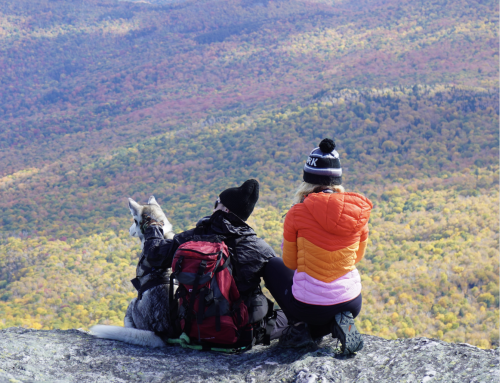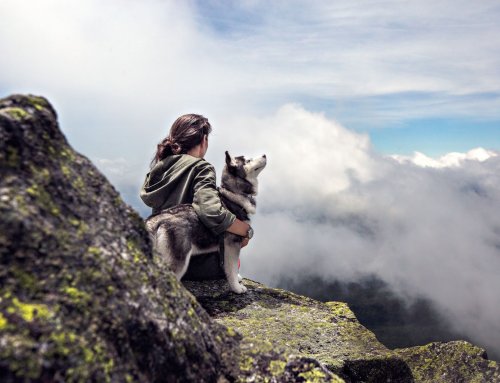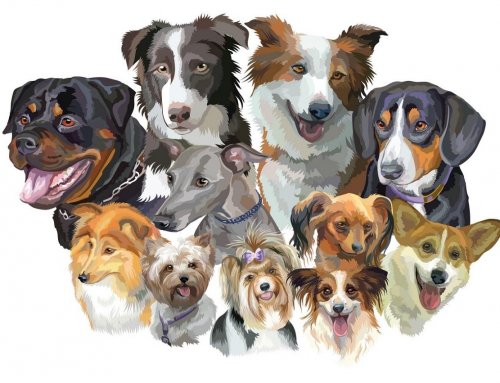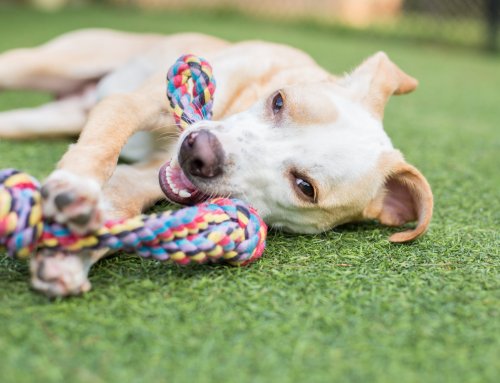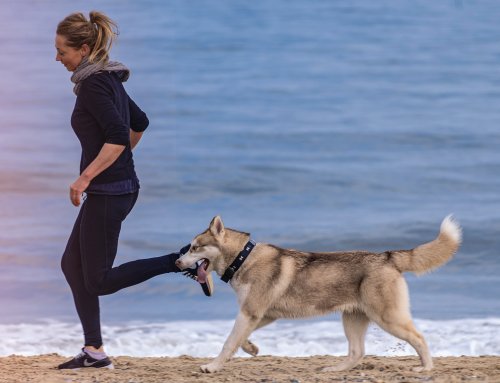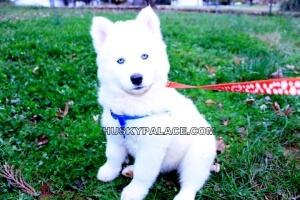
There’s nothing more exciting than bringing your Husky puppy home once they reach 7-8 weeks of age. Your new bouncy, fluffy bundle of fun will love nothing more than running around your garden, socializing with your other pets and making new friends at the park. However, these environments all pose a risk to your pup, as they are breeding grounds for fleas, ticks, and other pesky creatures. Therefore, it’s essential you take steps to protect your Siberian Husky puppy from these creatures.
Taking action
All puppies require vaccinations in order to protect their immune systems and fight off diseases typically carried by pests. Your Husky pup should have had his first vaccinations between 6 and 8 weeks of age. Further vaccinations will then be administered at 10 to 12 weeks, 12 to 14 weeks and 14 to 16 weeks to safeguard your pet from infection. It’s best to keep your Husky indoors until his final vaccinations have been administered for optimum protection against bugs.
Bees & wasps
Once your Husky pup gets outside, there will be no stopping him. Siberian Huskies have high energy levels and require lots of exercises, so expect to spend lots of time outdoors. However, your pet will undoubtedly encounter bees and wasps, which when agitated by your excited hound, may sting. There’s no way to prevent these stings from occurring, but you will need to take action to treat the sting, including removing the stinger, applying a cold compress, using a hydrocortisone cream and seeking veterinary attention for more serious stings.
Pesky mites
Husky puppies typically come into contact with mites when they roll around outside or when they come into contact with an infected pooch at the park. These pesky creatures cause skin and ear infections, persistent itching, and bald patches. Of course, you won’t want to stop your pet from having fun, so use a repellant to keep mites at bay. Regular bathing with a mite-busting shampoo is wise, too.
Infected mosquitoes
If your Husky is bitten by an infected mosquito, it can cause heartworms. According to the AKC, 1 in 69 dogs in the U.S test positive for heartworms. These worms can grow up to one foot in length within your Husky’s heart and clog it. As a result, your pup will become severely ill. Mosquitoes live in tall grass, weeds, and bushes, so try to keep your garden as minimal as possible. However, the best protection is to give your Husky a monthly oral or topical prevention medication.
Siberian Huskies are vulnerable to a whole host of environmental pests. Therefore, be sure to take action to prevent your beloved pooch from being sorely affected by bee and wasp stings, mites and mosquitoes.
Written By Cassidy Ellams







